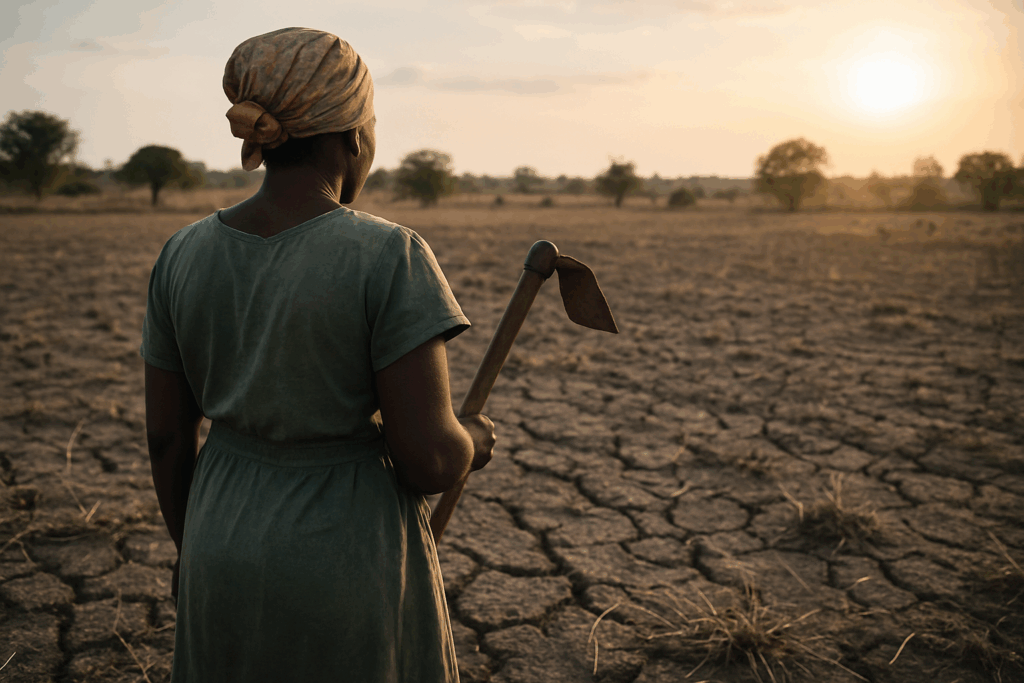
Dry spell linked to 29pc surge in suicidal thoughts among women » Capital News
NAIROBI, Kenya, Aug 2 — A new study has linked a significant decline in rainfall to a 28.7 per cent increase in suicidal thoughts among women, underscoring the severe psychological toll of climate change on residents of Kenya’s rural settlements.
The study, published in Science Direct by Cyprian Mostert, an Assistant Professor at Aga Khan University, and his colleagues at the Brain and Mind Institute, examined how climate shocks — including droughts, heatwaves, and reduced rainfall — fuel mental health crises in vulnerable communities.
Researchers found that heatwaves were associated with a 14.9 per cent rise in suicidal thoughts, while drought conditions triggered a sharper 36.7 per cent increase.
In combination with soaring food prices, these climate shocks drove a staggering 48.3 per cent increase in suicidal thoughts among women in informal rural settings.
“The stressful nature of droughts and reduced rainfall stokes a state of hopelessness,” Mostert noted, explaining that women in these regions often shoulder the burden of providing for their families amid food insecurity, disrupted livelihoods, and limited access to essential services.
The study focused on Kilifi’s Kaloleni and Rabai regions — among Kenya’s poorest areas — where women rely on subsistence farming and informal economic activities.
‘Layered vulnerabilities’
Mostert said these communities face layered vulnerabilities, including poor housing, lack of clean water and sanitation, high unemployment, and under-resourced schools.
“Climate shocks worsen depression and consequently drive suicidal thoughts in women from informal settlements,” the study notes, drawing on surveys of 14,801 participants alongside meteorological data to capture how environmental changes affect mental health.
The findings highlight the urgent need to integrate mental health services into climate adaptation strategies, especially in rural and drought-prone regions.
Mostert urged policymakers to develop tailored interventions, including counseling, social safety nets, food assistance, and economic empowerment programs, as part of climate response measures.
“The Kenyan government must acknowledge both the physical and mental health effects of climate change,” he emphasized, calling for community-based mental health care and resilience-building initiatives to mitigate the long-term psychological impacts of environmental shocks.
With climate change expected to intensify, the report adds to a growing body of research spotlighting the intersection of environmental degradation and public health, particularly for populations living at the margins of formal support systems.